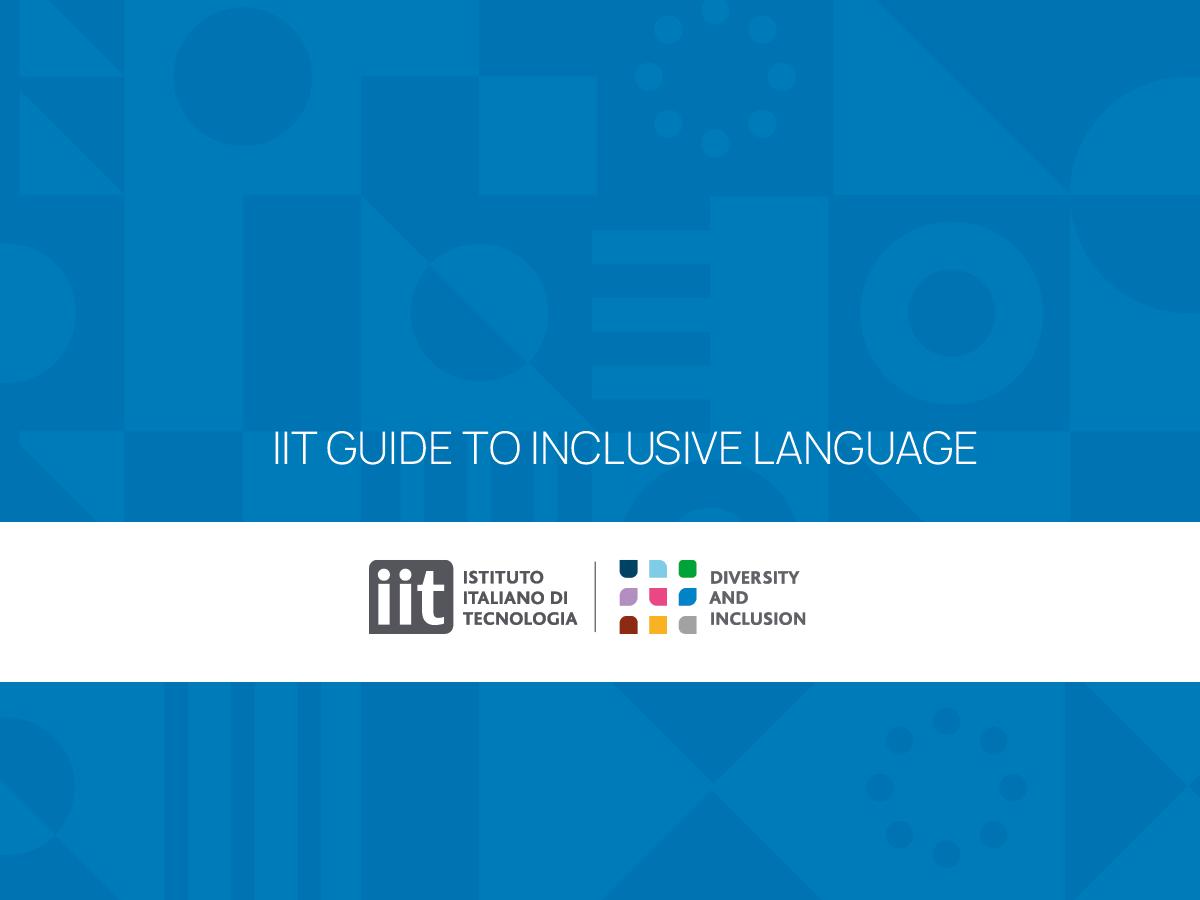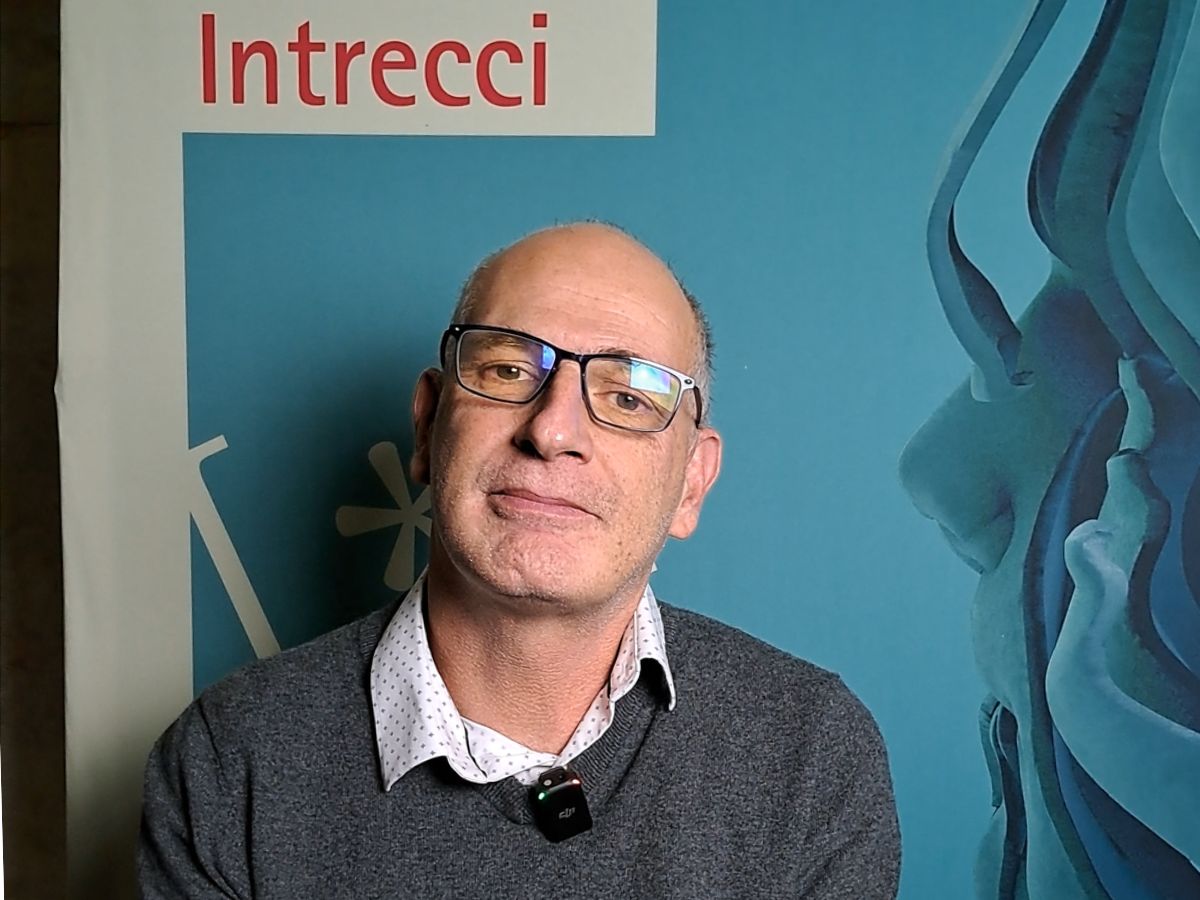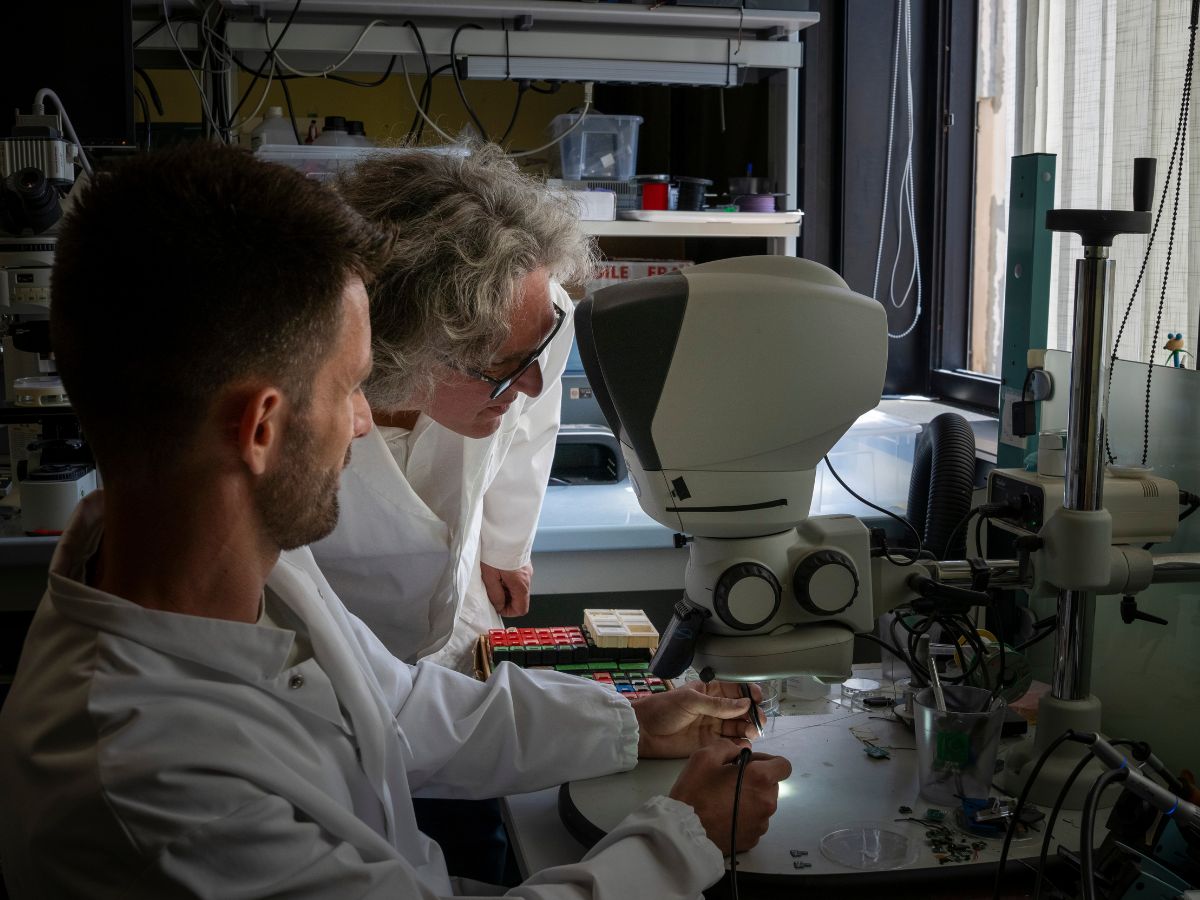The new name is Center for Clinical and Computational Genomics (C3G) and it will develop projects within a high-level national and international scientific network
Italian Institute of Technology (IIT) unveiled two key developments for its Aosta center today at the conference “On the future of clinical genomics in Italy: from 5000 to one million genomes,” held at the Regional Palace in Aosta. The center has forged connections with Italy’s leading genomics scientists and will adopt a new name starting September 1st: Center for Clinical and Computational Genomics (C3G). The event also celebrated Professor Antonio Amoroso, former Director of the Transplant Department at A.O.U. Città della Salute e della Scienza in Turin, who will retire from scientific work at the end of 2025.
Organizers held the conference to mark the completion of the 5000genomi@VdA project, which IIT coordinated. The event explored the future of precision medicine and brought together prominent national and international scientific realities. Italy’s most important genomics experts attended, demonstrating that IIT’s Center operates within a high-level scientific network. These collaborations will continue, expanding the number of genomes studied and advancing scientific knowledge, particularly in neurodegenerative diseases like Parkinson’s and cancer research.
The event featured representatives from the Autonomous Region of Valle d’Aosta: Luigi Bertschy, Vice President and Assessor for Economic Development, Education and Labor, Transport and Sustainable Mobility and Carlo Marzi, Minister for Health and Social Policies. IIT Scientific Director Giorgio Metta and AUSL Valle d’Aosta General Director Massimo Uberti delivered opening remarks. Presentations followed from Stefano Gustincich and Andrea Cavalli, Principal Investigators at IIT and scientific leaders of the project, along with Antonio Amoroso, Technical Director of the IIT Center, and Jean Marc Christille, Director of the Clément Fillietroz-ONLUS Foundation Astronomical Observatory.
Speakers announced several important developments that will shape the Center’s future, beginning with its new identity as the Center for Clinical and Computational Genomics (C3G) of the Istituto Italiano di Tecnologia in Aosta.
From September 1st, the Center will become the twelfth hub in IIT’s national network. Originally founded as CMP3VdA (Centro di Medicina Personalizzata, Preventiva e Predittiva Valle d’Aosta), the Center is changing its name to align with the nomenclature of other IIT Centers, but more importantly, to highlight its interactions with clinical and medical genomics institutions, including the IRCSS.
Antonio Aitoro and Guido Walter Di Donato from GenomSys also presented. Their company works in bioinformatics and personalized medicine, helping laboratories manage large data volumes and obtain rapid, reliable results.
The meeting was an opportunity to reveal that Engineering, a partner in the 5000genomi@VdA project, has obtained funding from “IPCEI Tech4Cure”, Important Projects of Common European Interest for healthcare innovation funded by the European Commission. The funding will support an open, interoperable digital ecosystem for more predictive, personalized and sustainable medicine. This five-year project aims to integrate clinical decision support systems into daily practice. The project includes developing a tool for geneticists and researchers to analyze genomic and molecular data, integrated with existing clinical systems. The implementation of this application will see, in continuity with the 5000genomi@VdA project, the involvement of IIT through its Center for Clinical and Computational Genomics (C3G) in Aosta.
Charlotte Ng, associate professor of genetics at Humanitas University, and Manuela Vecchi, senior researcher at IIT, presented results from the Center’s “Oncogenomics” research line, which aims to identify genomic variants responsible for the onset and evolution of certain tumors.
The conference concluded with scientific presentations honoring Prof. Antonio Amoroso’s career. Silvia Deaglio, Full Professor in the Department of Medical Sciences at the University of Turin, Lucio Luzzatto, Honorary Professor of Hematology at the University of Florence, and Claudio Santoro, Full Professor in the Department of Health Sciences at the University of Eastern Piedmont, all spoke about his contributions.
After earning his medical degree from the University of Turin and specializing in immunohematology, Amoroso pursued an academic career at the Molinette Hospital in Turin and at the Institute of Medical Genetics of the University of Turin, where he became Associate Professor in 1992. After a period in Trieste from 1996 to 2004 as director of the Medical Genetics Service at the Institute for Children “IRCCS Burlo Garofolo” in Trieste and professor at the Faculty of Medicine of the University of Trieste, he returned to Piedmont to the A.O.U. Città della Salute e della Scienza and the University of Turin. There, his research group continues to study genetic mutations responsible for organ failure, leveraging genetics and genomics to acquire information on the probability of a subject having to undergo a transplant and to assess early the risk of rejection.
The 5000genomi@VdA project began in 2019, involving a research consortium led by IIT and composed of the University of Valle d’Aosta, A.O.U. Città della Salute e della Scienza in Turin, the Clément Fillietroz-ONLUS Foundation Astronomical Observatory of the Autonomous Region of Valle d’Aosta, and Engineering D.HUB.





